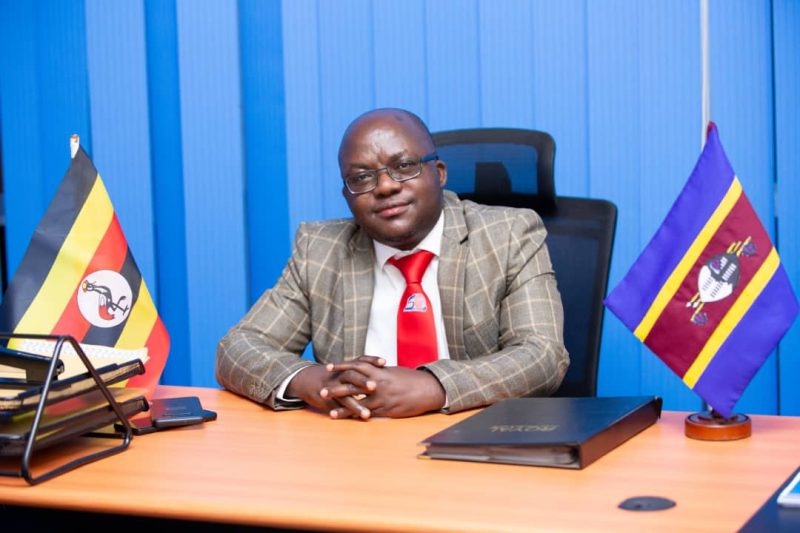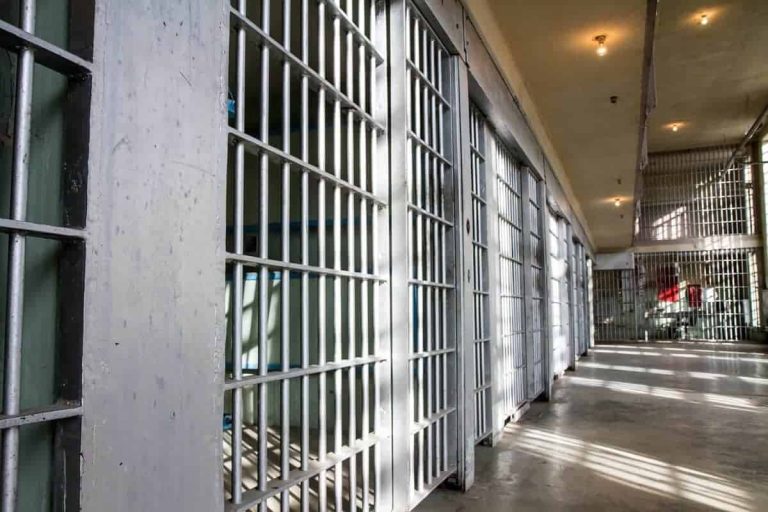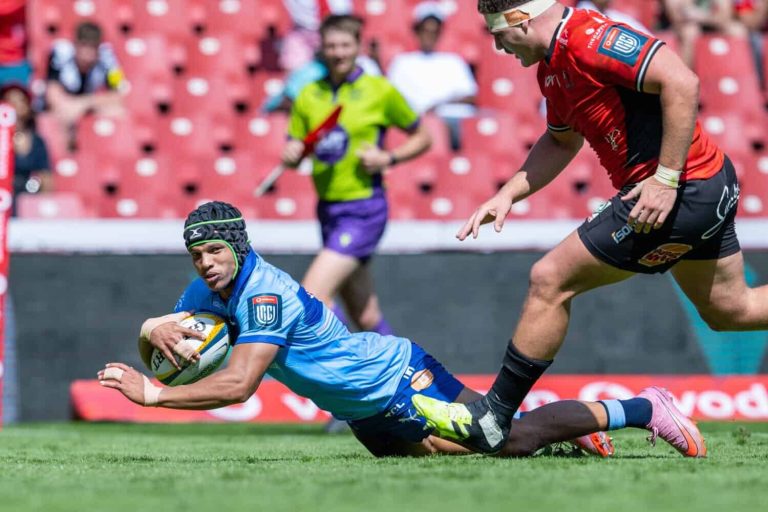
The fate of Quilino Bamwine, the former Eswatini consul to Uganda, serves as a stark lesson of how a promising partnership can collapse, dragging its architects down with it.
The catalyst for his downfall was the troubled Kabuyanda earth dam project in Isingiro district, a Shs 86bn venture now mired in controversy and legal battles. The project, which began on May 11, 2023, was supposed to be completed in 30 months.
Instead, it remains unfinished and has now claimed Bamwine’s diplomatic post. The Kingdom of Eswatini revoked his appointment in an October 31, 2025, letter from Ambassador Mahlaba A. Mamba, citing allegations of “extortion, fraud, and a criminal land transaction” and claiming he “failed to respond” to earlier warnings.
However, a deeper investigation reveals that Bamwine’s revocation stems directly from his attempts to mediate the dam dispute, where he allegedly took a stand to protect Ugandan interests, putting him on a collision course with powerful Eswatini figures.
When The Observer reached out to Bamwine, he said he cannot comment because the matter is still under investigation.
“I am sorry I am not in position to discuss those matters until the conclusion of the investigation. I will give you my side when the dust has settled,” he said.
GENESIS OF DISPUTE
The trouble began in 2022 when Ugandan firm Plinth Technical Services partnered with Eswatini’s Inyatsi Construction Ltd. In October 2023, Inyatsi terminated Plinth’s subcontract, leading Plinth to threaten a lawsuit.
Inyatsi preemptively moved the dispute to the International Chamber of Commerce (ICC) for arbitration before pulling out of the project entirely. Plinth then sought redress in Ugandan courts, successfully obtaining an order to block a Shs 21.2bn payment to Inyatsi and demanding the company secure Shs 5bn in costs.
Although this ruling was later overturned, the legal morass set the stage for Bamwine’s entry.
BAMWINE’S INTERVENTION
With the project stalled and millions in public funds on the line, Plinth lawyer Ivan Okuda approached Bamwine to use his diplomatic connections to break the deadlock.
His mission was twofold: to facilitate a settlement between Plinth and Inyatsi and to compel Inyatsi to return and complete the work for which it had already received a Shs 24bn advance.
A source familiar with the mediation revealed, “Bamwine was seen as the only one with the stature to get Michelo Shakantu, the powerful head of Inyatsi, to the table. The hope was that a diplomatic channel could achieve what the courts could not.”
Bamwine led a Ugandan delegation to Eswatini for talks this year. The negotiations initially seemed successful.
“There was a verbal agreement for a $4m payment to Plinth to settle the matter,” a person briefed on the discussions confirmed.
“But it fell apart over payment guarantees. Plinth wanted concrete assurances, and Inyatsi wasn’t willing to provide them.” It was during these tense negotiations that Bamwine was tasked by Inyatsi to make Plinth However, he insisted on giving Plinth a down payment of $2 million as per discussions in Eswatini.
“After failing to achieve the down payment, he was accused of not protecting Eswatini interests since it was his main mandate in the negotiations,” says a source close to the negotiations.
“The discussions broke down, and fingers were pointed. The narrative shifted from a failed business negotiation to one of impropriety. He [Bamwine] was targeted as a person of misconduct.”
Another source with knowledge of the Eswatini government’s perspective stated, “The reports that reached the Foreign Affairs ministry portrayed Bamwine as overstepping his diplomatic role and engaging in activities unbecoming of a consul. The pressure to act was immense, especially given the high-level connections involved.”
Michelo Shakantu is married to Eswatini’s minister of Foreign Affairs, Pholile Dlamini-Shakantu, who ultimately holds the cards regarding the deployment of consuls and diplomats.
Efforts to reach out to Bamwine have been futile by press time but in the end, his attempts to mediate and recover Ugandan funds backfired spectacularly. While the official revocation letter cites fraud and extortion, insiders suggest it was the bitter fallout from the Kabuyanda deal that sealed his fate. The matter remains before the ICC.



